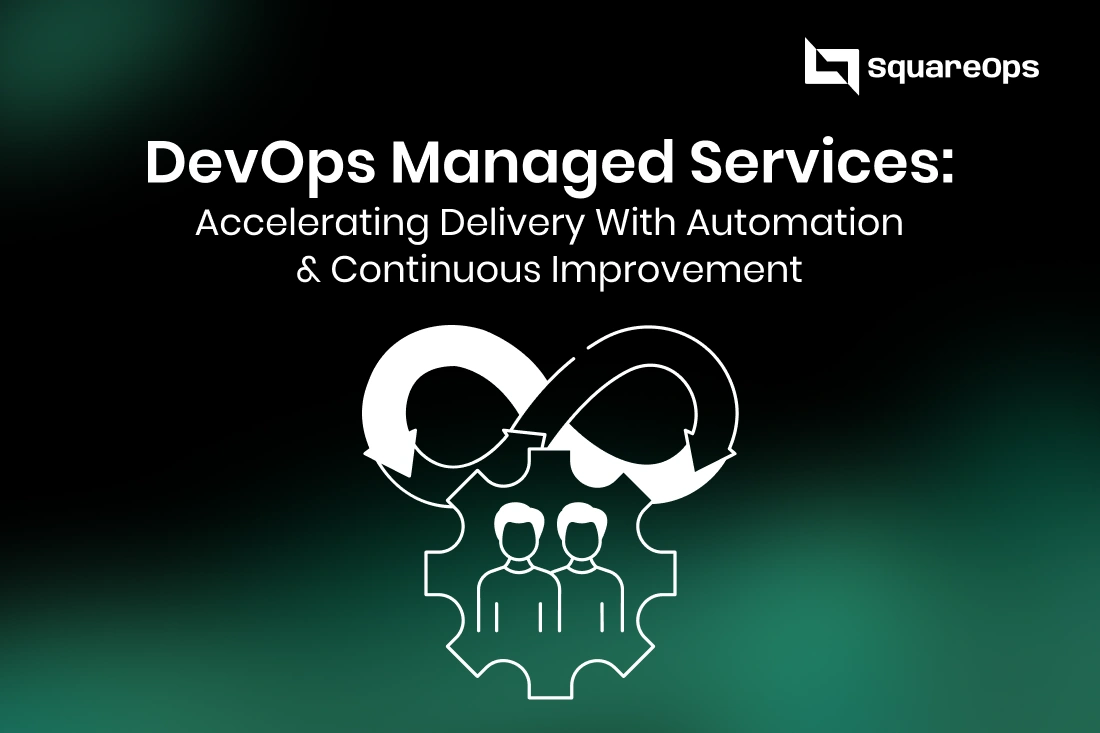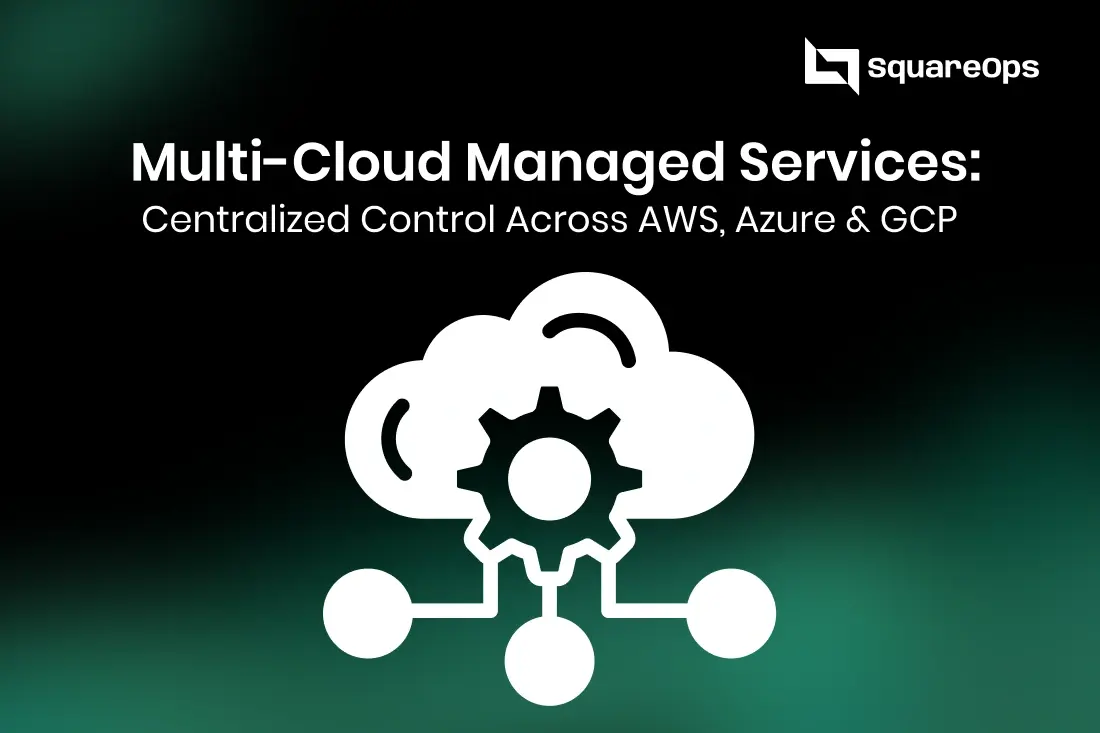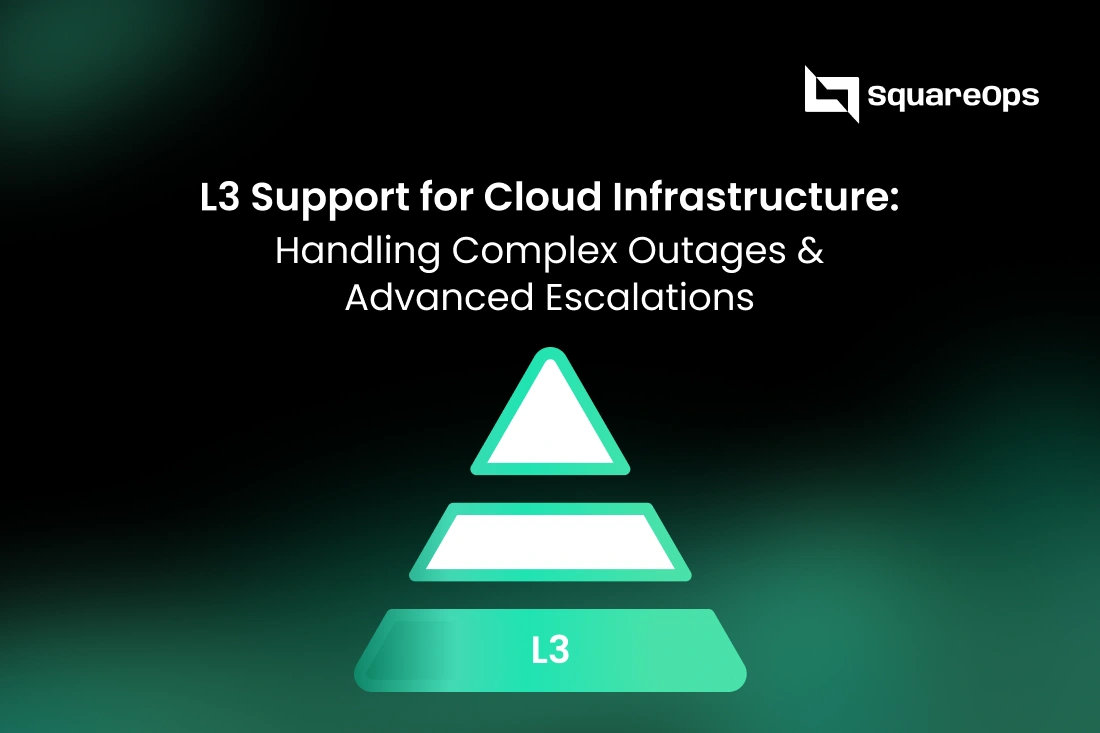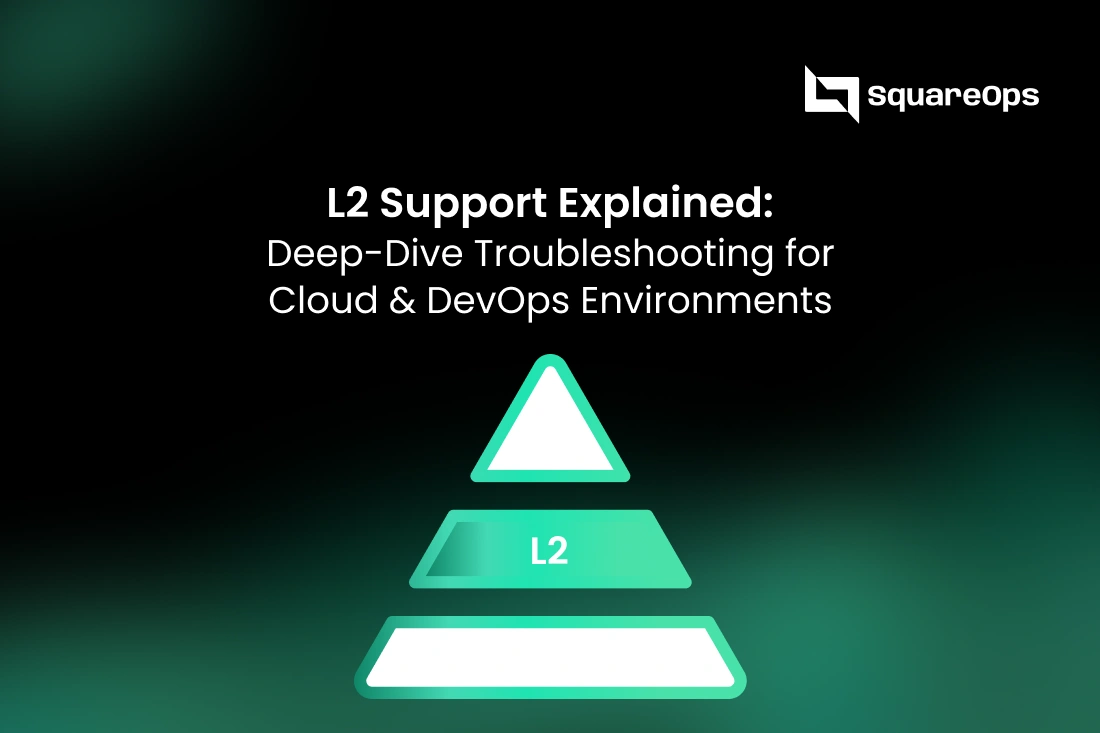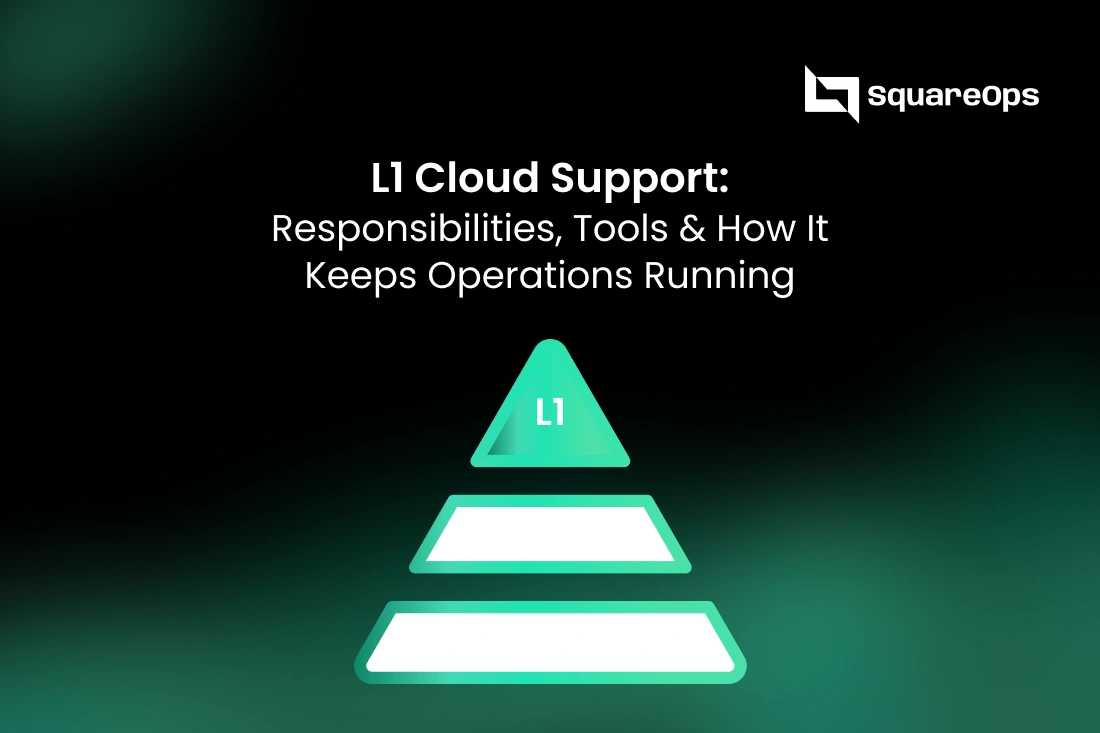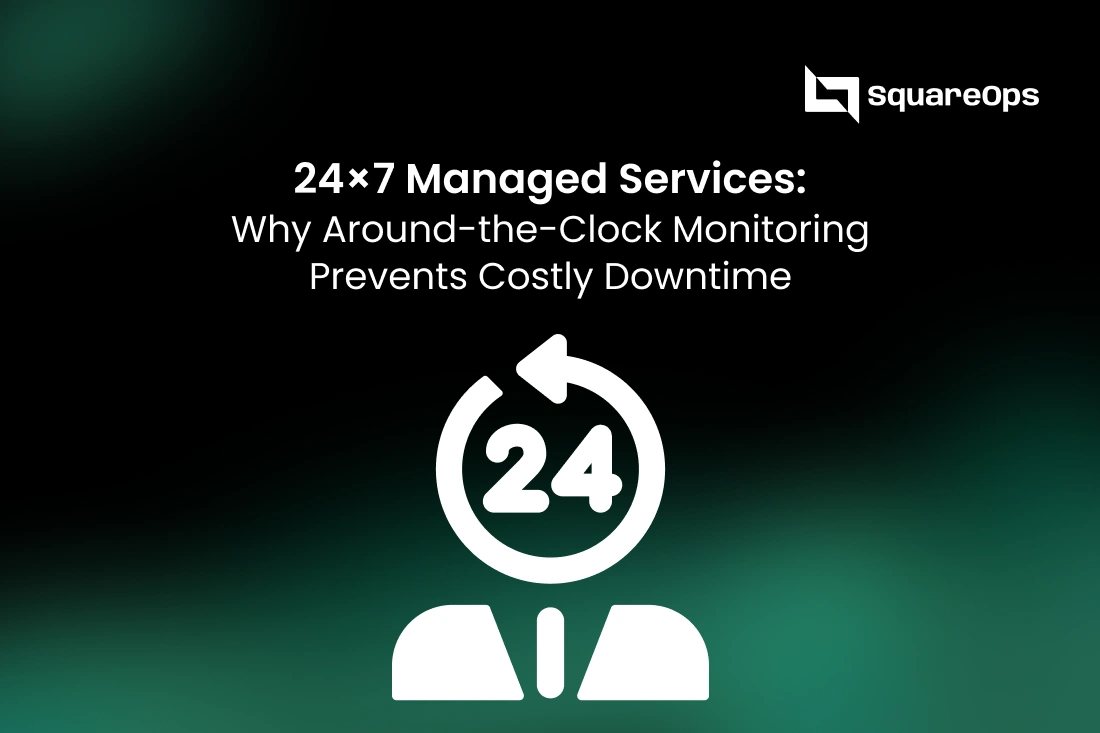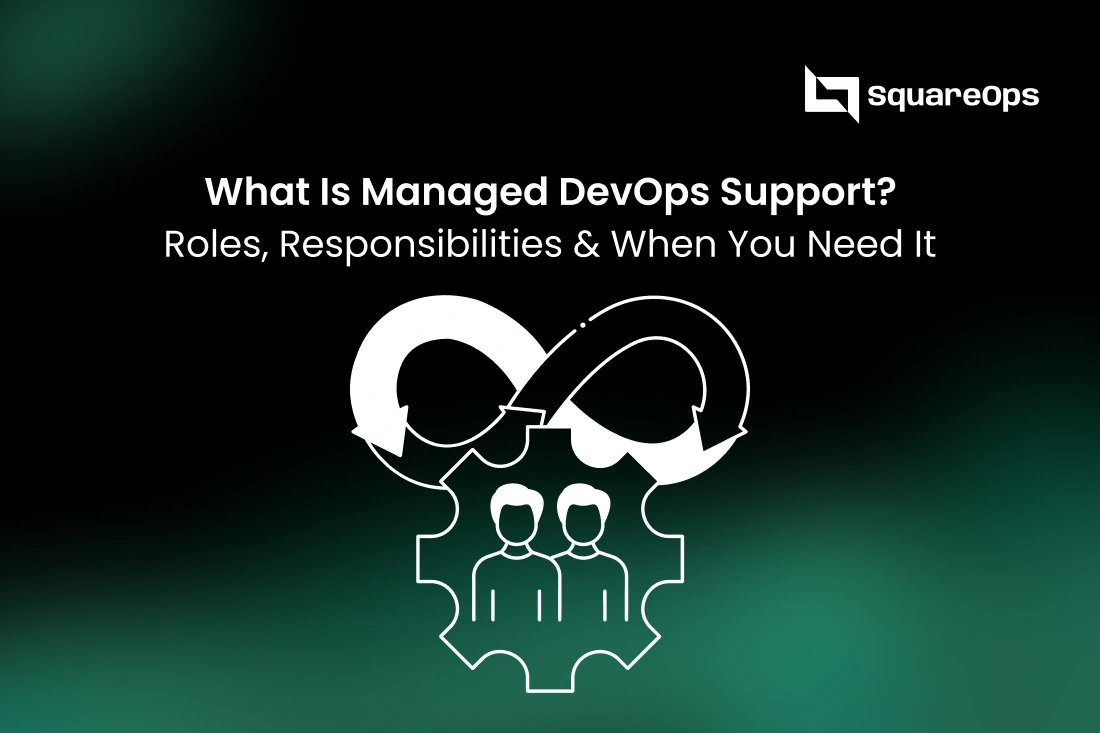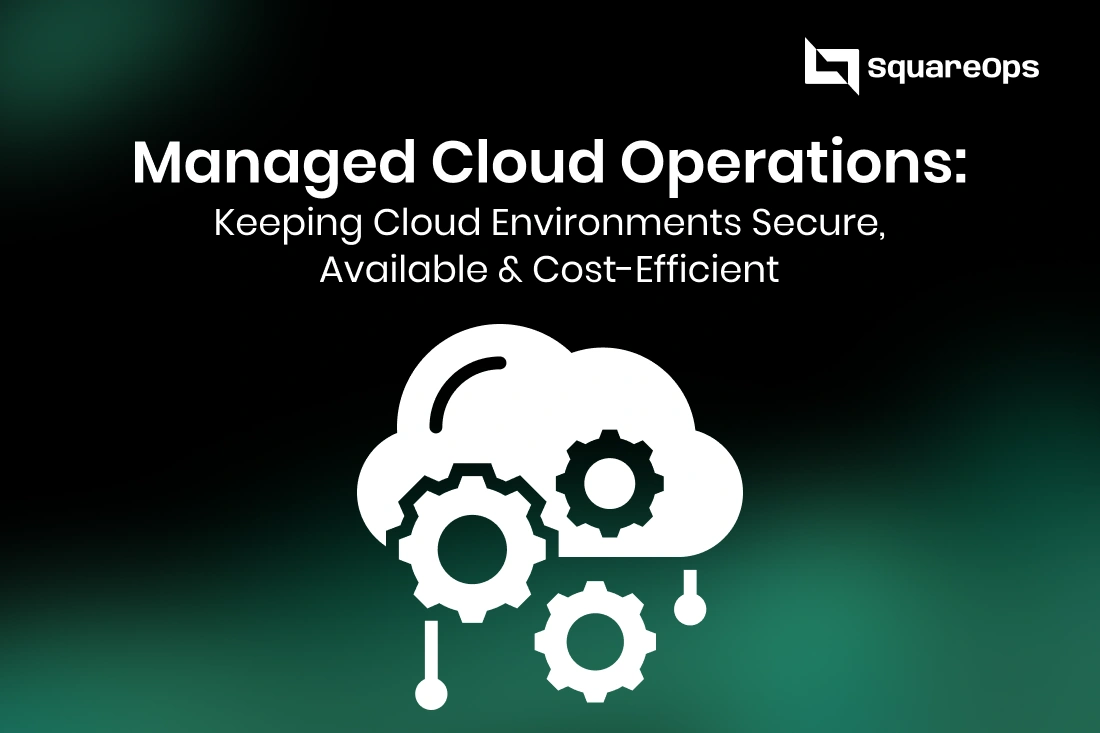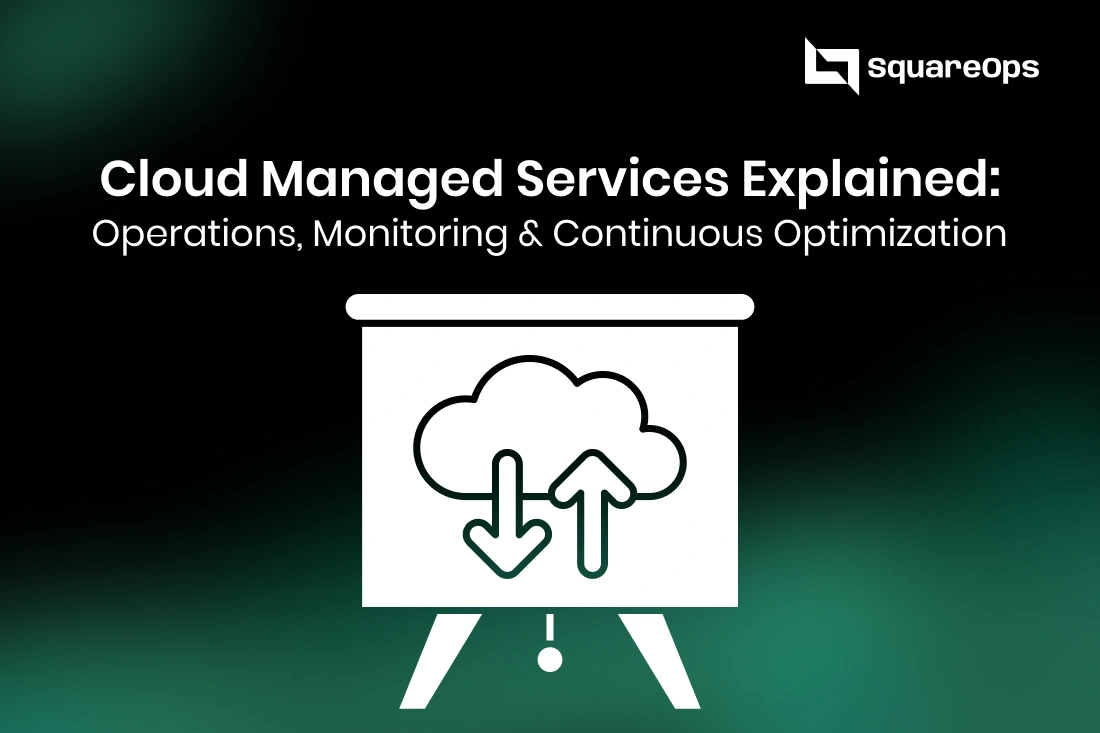In today's digital-first world, businesses are under pressure to innovate rapidly, scale efficiently, and deliver high-quality user experiences. Two key enablers of this transformation are cloud computing and DevOps. While DevOps accelerates the software delivery lifecycle through automation and collaboration, cloud computing provides the scalable infrastructure to support that agility. However, bridging the gap between the two often requires expert assistance. That’s where cloud migration service providers (CMSPs) come in.
This article explores how cloud migration service providers can become vital partners in crafting and executing a successful DevOps strategy.
What Are Cloud Migration Service Providers?
Cloud migration service providers are specialized third-party vendors who help organizations move their digital assets, services, databases, IT resources, and applications to the cloud. Their role extends beyond the migration itself; they offer consulting, planning, optimization, and managed services to ensure the process is smooth, secure, and aligned with business goals.
Typical services include:
- Assessment of current infrastructure
- Cloud strategy and planning
- Cloud architecture design
- Execution of migration (lift-and-shift, refactoring, replatforming, etc.)
- Post-migration optimization
- Integration with DevOps workflows and automation
Major players in the space include AWS Migration Partners, Google Cloud Partners, Azure Migration Providers, and independent consultancies like Rackspace, Accenture, and TCS.
Why Cloud Migration and DevOps Go Hand in Hand
DevOps and cloud migration aren't isolated initiatives. In fact, a robust DevOps strategy often depends on the cloud. Here's how the two complement each other:
- Infrastructure as Code (IaC): Migrating to cloud platforms allows teams to define and manage infrastructure using code, which is a key DevOps principle.
- Scalability and Flexibility: Cloud resources can be provisioned and de-provisioned automatically, aligning perfectly with CI/CD pipelines.
- Faster Deployment: Cloud platforms support automated build, test, and deployment pipelines, significantly reducing time to market.
- Collaboration and Monitoring: Cloud-native tools enhance real-time collaboration, monitoring, and feedback loops essential for DevOps culture.
Cloud migration service providers help ensure your infrastructure is built to support these DevOps needs from day one.
How Cloud Migration Service Providers Enhance DevOps Strategy
- Strategic Planning and Cloud Readiness Assessment CMSPs begin with assessing your existing infrastructure and identifying dependencies, bottlenecks, and gaps in DevOps maturity. This groundwork is essential to align migration plans with DevOps workflows.
- Infrastructure Modernization Service providers help design a cloud architecture that supports containerization, microservices, and IaC—three pillars of modern DevOps. This includes choosing between hybrid, public, and multi-cloud setups.
- CI/CD Integration Providers integrate your DevOps toolchain (e.g., Jenkins, GitLab CI, CircleCI) with cloud services. They set up scalable CI/CD pipelines using cloud-native solutions like AWS CodePipeline, Azure DevOps, or Google Cloud Build.
- Automation and Orchestration CMSPs introduce automation in provisioning, configuration, testing, and deployment through tools like Terraform, CloudFormation, Ansible, and Helm.
- Monitoring and Observability They implement monitoring and logging solutions (e.g., Prometheus, ELK Stack, Datadog) to ensure real-time visibility into application performance and infrastructure health.
- Security and Compliance Integration DevSecOps is made possible by embedding automated security checks, audits, and policy enforcement into CI/CD workflows using cloud-native tools and practices.
- Change Management and Training Providers help upskill your internal teams and manage cultural change to ensure sustainable DevOps adoption post-migration.
Benefits of Partnering with a Cloud Migration Service Provider
- Faster Time to Market: Reduced deployment times and improved developer velocity.
- Cost Optimization: Eliminate legacy infrastructure and pay only for what you use.
- Improved Reliability: Robust monitoring, disaster recovery, and high availability setups.
- Scalable DevOps Workflows: Easily scale pipelines, environments, and infrastructure based on demand.
- Focus on Core Competencies: Free up internal teams to focus on product innovation.
Challenges and How to Overcome Them
- Vendor Lock-In
- Solution: Choose CMSPs that design vendor-agnostic architectures and support multi-cloud environments.
- Downtime During Migration
- Solution: Use blue-green deployments, incremental migration, and rollback plans.
- Data Security and Compliance
- Solution: Implement encryption, RBAC (Role-Based Access Control), and use CMSPs with compliance expertise.
- Integration Complexity
- Solution: Prioritize modular architecture and API-first design to enable smooth integration with DevOps tools.
Selecting the Right Cloud Migration Partner for DevOps
When evaluating potential providers, consider:
- Certifications (e.g., AWS Advanced Consulting Partner)
- Experience in your industry
- Proven DevOps integration capabilities
- Post-migration support
- Transparent SLAs and KPIs
Questions to ask:
- How will you integrate with our current DevOps toolchain?
- What is your strategy for minimal downtime?
- How do you ensure data compliance and governance?
- Can you provide references or case studies?
Best Practices for Aligning Cloud Migration with DevOps
- Start with a pilot project to test the provider’s capabilities.
- Design with cloud-native and DevOps in mind from the beginning.
- Use IaC templates for consistent and repeatable infrastructure.
- Establish KPIs such as deployment frequency, lead time, and MTTR.
- Foster a culture of continuous learning and iteration
Real-World Examples
- Fintech Startup
- Migrated to AWS with help of a CMSP.
- Achieved 5x faster release cycles by integrating CI/CD with AWS CodePipeline.
- Retail E-commerce Platform
- Lift-and-shift migration to Azure.
- Leveraged Azure DevOps and containerization for automated rollouts.
- Healthcare SaaS
- Refactored legacy monolith to microservices.
- Ensured HIPAA compliance through secure, automated pipelines.
Future Trends: Cloud Migration and DevOps
- AI-Powered DevOps: Predictive analytics for failure detection and auto-remediation.
- FinOps Integration: Managing cloud spend within DevOps workflows.
- Platform Engineering: Building internal developer platforms for self-service.
- Serverless First Architectures: Simplifying operations and increasing agility.
Conclusion
Cloud migration is no longer just a technical task—it's a strategic move that can make or break your DevOps ambitions. By working with experienced cloud migration service providers, businesses can unlock the full potential of DevOps: speed, scalability, automation, and resilience.
Whether you’re a startup scaling fast or an enterprise transforming digitally, the right CMSP can be your co-pilot on the journey to a high-performing, cloud-native DevOps ecosystem.
Accelerate your DevOps journey—book a free consultation with SquareOps today

